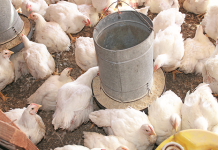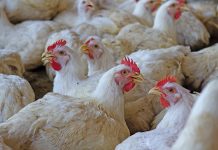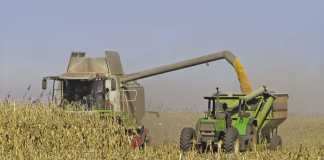I’ve always wondered why most emerging farmers complain about lack of government support. Some certainly have a right to do so. But others? Not really. These are people who I know have had support from government, but they still whine! Recently, I visited a farmer who really needed some support. He received it, but it wasn’t enough. So we had a discussion on why government aid never goes a long way.
Firstly, we had to acknowledge that, in some cases, the state has been helpful. Many black farmers, including the man I was visiting, currently do own land, thanks to government. There are also many other programmes for emerging farmers who own land, such as the Comprehensive Agricultural Support Programme (CASP).
The trouble is, their impact has been minimal, even though many emerging farmers have made use of them. The question is: why are there still so many farmers struggling, even after receiving assistance?
Not getting the full benefit
The answer, I believe, is that both the nature and “application” of state assistance has not been well thought out. The devil, in other words, is in the detail. A farmer may, for example, be awarded R400 000 worth of support from CASP. This may seem to be a great deal of money – more than enough to help set him or her up.
But unfortunately, not all this money ends up on the farm, because government uses a middleman – and this person costs both the government and the farmer money. The government procurement process involves tenders, so that by the time a bag of fertiliser that should have cost only R100 lands up on the farm, the price has gone up to R150.
In other words, not all that R400 000 is available to the farmer. Some of it goes to the middlemen, and, as a result, the farmer’s production suffers. At the same time, admittedly, some emerging farmers do misuse the system by spending the money on the wrong things, or getting quantities wrong.
How can we fix this? I think that the solution lies with the agriculture department, which should have well-trained extension officers who can assist farmers in this regard. The extension officer should be available to monitor the farmer’s spending, and offer suggestions where needed.
He should, for example, accompany the farmer to the nearest co-op to give advice on what to purchase and how much. This would only need to happen a few times, of course; after that, the farmer should be able to do his purchases alone. This would go a long way to ensuring that every cent of that R400 000 – or whatever the amount is – is spent as carefully and wisely as possible.













